Apple Ordered to Change App Store in Europe Again
Apple has been given until June 22 to bring the App Store into full compliance with the European Union's Digital Markets Act (DMA) or face recurring financial penalties following a €500 million fine imposed in April. The European Commission yesterday published its complete 67-page ruling outlining Apple's violations of the DMA's anti-steering provisions. The Commission concluded that Apple's business terms continue to restrict developers' ability to inform users about alternative payment methods outside the App Store and to facilitate transactions through external platforms. The Commission determined that Apple's remaining restrictions contravene Article 5(4) of Regulation (EU) 2022/1925, which mandates that designated gatekeepers must allow app developers to communicate freely with their users and offer competing payment systems without being subject to unfair conditionsg or excessive fees. The Digital Markets Act came into force in November 2022 and became applicable to designated gatekeepers in 2023. It prohibits platform owners like Apple from using its market position to impose anti-competitive limitations on how developers operate within or outside their ecosystems. The law explicitly requires that gatekeepers enable developers to inform users about more favorable offers available outside the gatekeeper's platform, to include links to external payment methods, and to do so free of charge. Apple previously argued that its newly introduced business terms, which allow developers to add one external link per app to direct users to their own websites, met the DMA's requirements. Under these rules, developers are required to follow a standardized Apple-designed flow, which includes an interstitial warning screen that appears before users are redirected to external sites. In addition, Apple prohibits developers from pre-filling user-specific data such as login credentials or purchase details into the URL used for redirection. Despite these changes, the Commission found that Apple's implementation falls significantly short of the law's intent and legal requirements. According to the ruling, developers are still unable to promote alternative payment systems within their apps in a meaningful way, and the structure imposed by Apple continues to create friction and discourage user redirection. Furthermore, Apple still imposes a 27% commission on any digital purchases made through external websites linked from within an app, which is only slightly lower than the 30% standard in-app purchase commission and allegedly undermines the concept of allowing free steering. The Commission rejected Apple's interpretation of the DMA, in which the company claimed it was only required to "allow" steering, not to "facilitate" it. In its ruling, the Commission said that Apple's technical and procedural barriers had the effect of discouraging developers from directing users to external purchasing options and therefore violated the law. It added that Apple had "not put forward any convincing arguments calling into question the serious gravity of the non-compliance." The ruling also criticized Apple's claim that its measures were designed to protect user security and privacy. In a statement provided to 9to5Mac following the publication of the full ruling, Apple said:There is nothing in the 70-page decision released today that justifies the European Commission's targeted actions against Apple, which threaten the privacy and security of our users in Europe and force us to give away our technology for free. Their decision and unprecedented fine came after the Commission continuously moved the goalposts on compliance, and repeatedly blocked Apple's months-long efforts to implement a new solution. The decision is bad for innovation, bad for competition, bad for our products, and bad for users. While we appeal, we'll continue engaging with the Commission to advocate on behalf of our European customers. Apple has until June 22 to rectify the issues or face "periodic penalty payments." These ongoing fines would be determined based on the seriousness of the infringement and the company's revenue. Apple must also pay the initial €500 million fine by July 23 or begin accruing interest.Tags: European Commission, European UnionThis article, "Apple Ordered to Change App Store in Europe Again" first appeared on MacRumors.comDiscuss this article in our forums
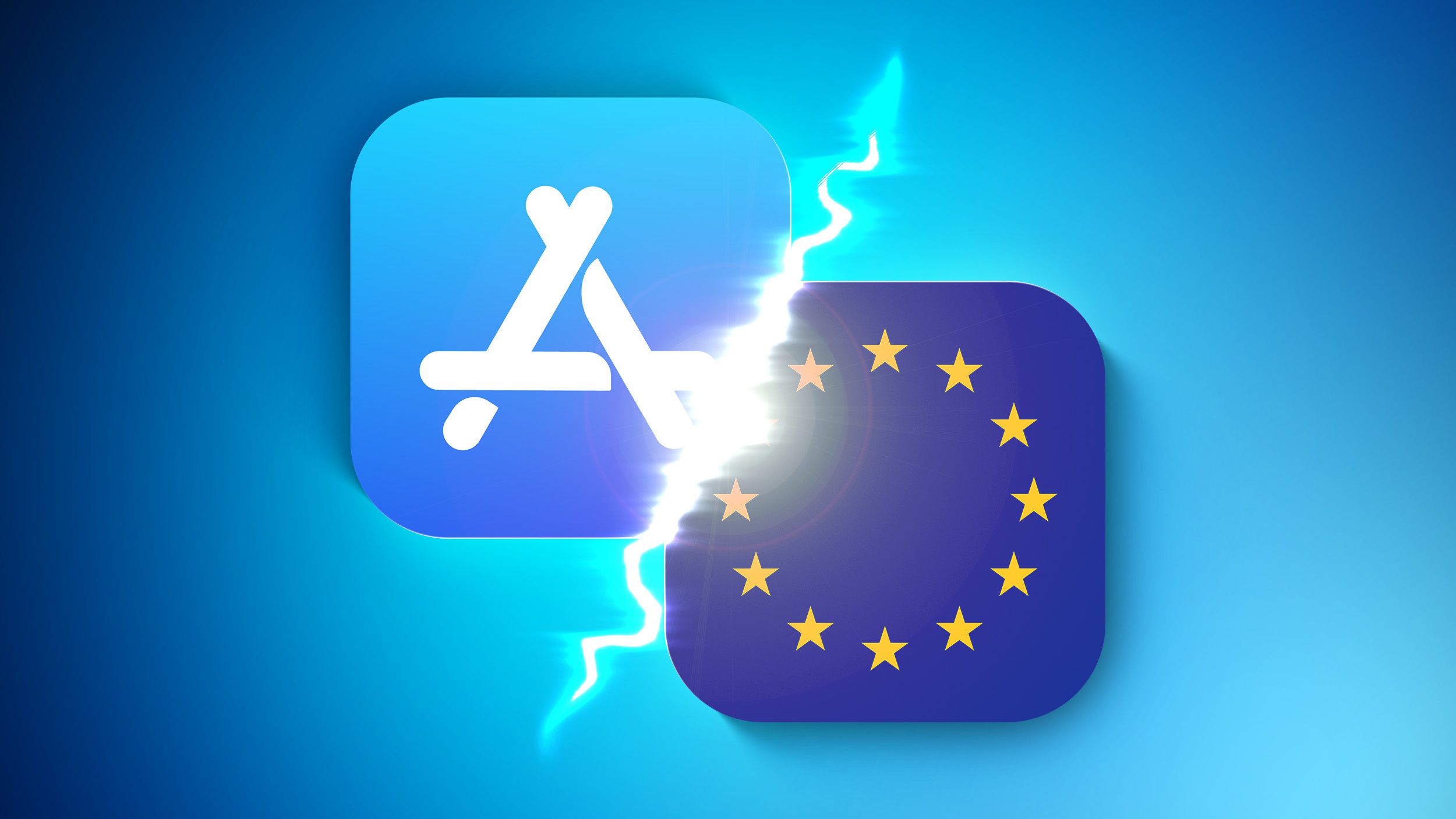

The European Commission yesterday published its complete 67-page ruling outlining Apple's violations of the DMA's anti-steering provisions. The Commission concluded that Apple's business terms continue to restrict developers' ability to inform users about alternative payment methods outside the App Store and to facilitate transactions through external platforms.
The Commission determined that Apple's remaining restrictions contravene Article 5(4) of Regulation (EU) 2022/1925, which mandates that designated gatekeepers must allow app developers to communicate freely with their users and offer competing payment systems without being subject to unfair conditionsg or excessive fees.
The Digital Markets Act came into force in November 2022 and became applicable to designated gatekeepers in 2023. It prohibits platform owners like Apple from using its market position to impose anti-competitive limitations on how developers operate within or outside their ecosystems. The law explicitly requires that gatekeepers enable developers to inform users about more favorable offers available outside the gatekeeper's platform, to include links to external payment methods, and to do so free of charge.
Apple previously argued that its newly introduced business terms, which allow developers to add one external link per app to direct users to their own websites, met the DMA's requirements. Under these rules, developers are required to follow a standardized Apple-designed flow, which includes an interstitial warning screen that appears before users are redirected to external sites. In addition, Apple prohibits developers from pre-filling user-specific data such as login credentials or purchase details into the URL used for redirection.
Despite these changes, the Commission found that Apple's implementation falls significantly short of the law's intent and legal requirements. According to the ruling, developers are still unable to promote alternative payment systems within their apps in a meaningful way, and the structure imposed by Apple continues to create friction and discourage user redirection. Furthermore, Apple still imposes a 27% commission on any digital purchases made through external websites linked from within an app, which is only slightly lower than the 30% standard in-app purchase commission and allegedly undermines the concept of allowing free steering.
The Commission rejected Apple's interpretation of the DMA, in which the company claimed it was only required to "allow" steering, not to "facilitate" it. In its ruling, the Commission said that Apple's technical and procedural barriers had the effect of discouraging developers from directing users to external purchasing options and therefore violated the law. It added that Apple had "not put forward any convincing arguments calling into question the serious gravity of the non-compliance." The ruling also criticized Apple's claim that its measures were designed to protect user security and privacy.
In a statement provided to 9to5Mac following the publication of the full ruling, Apple said:
There is nothing in the 70-page decision released today that justifies the European Commission's targeted actions against Apple, which threaten the privacy and security of our users in Europe and force us to give away our technology for free. Their decision and unprecedented fine came after the Commission continuously moved the goalposts on compliance, and repeatedly blocked Apple's months-long efforts to implement a new solution. The decision is bad for innovation, bad for competition, bad for our products, and bad for users. While we appeal, we'll continue engaging with the Commission to advocate on behalf of our European customers.
Apple has until June 22 to rectify the issues or face "periodic penalty payments." These ongoing fines would be determined based on the seriousness of the infringement and the company's revenue. Apple must also pay the initial €500 million fine by July 23 or begin accruing interest.
This article, "Apple Ordered to Change App Store in Europe Again" first appeared on MacRumors.com
Discuss this article in our forums





































































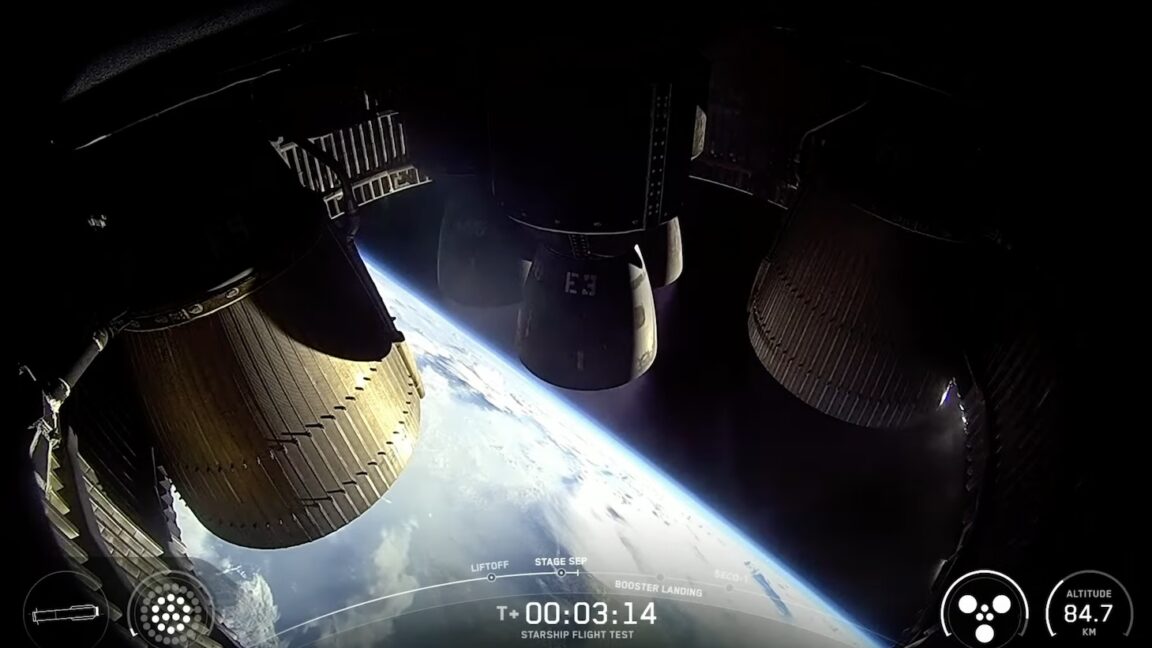








































































































![[The AI Show Episode 150]: AI Answers: AI Roadmaps, Which Tools to Use, Making the Case for AI, Training, and Building GPTs](https://www.marketingaiinstitute.com/hubfs/ep%20150%20cover.png)
![[The AI Show Episode 149]: Google I/O, Claude 4, White Collar Jobs Automated in 5 Years, Jony Ive Joins OpenAI, and AI’s Impact on the Environment](https://www.marketingaiinstitute.com/hubfs/ep%20149%20cover.png)





























































































































![[DEALS] Mail Backup X Individual Edition: Lifetime Subscription (72% off) & Other Deals Up To 98% Off – Offers End Soon!](https://www.javacodegeeks.com/wp-content/uploads/2012/12/jcg-logo.jpg)








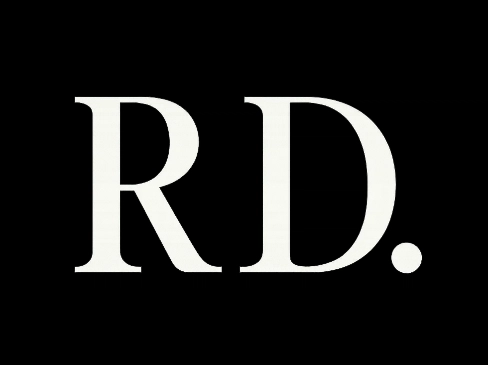



































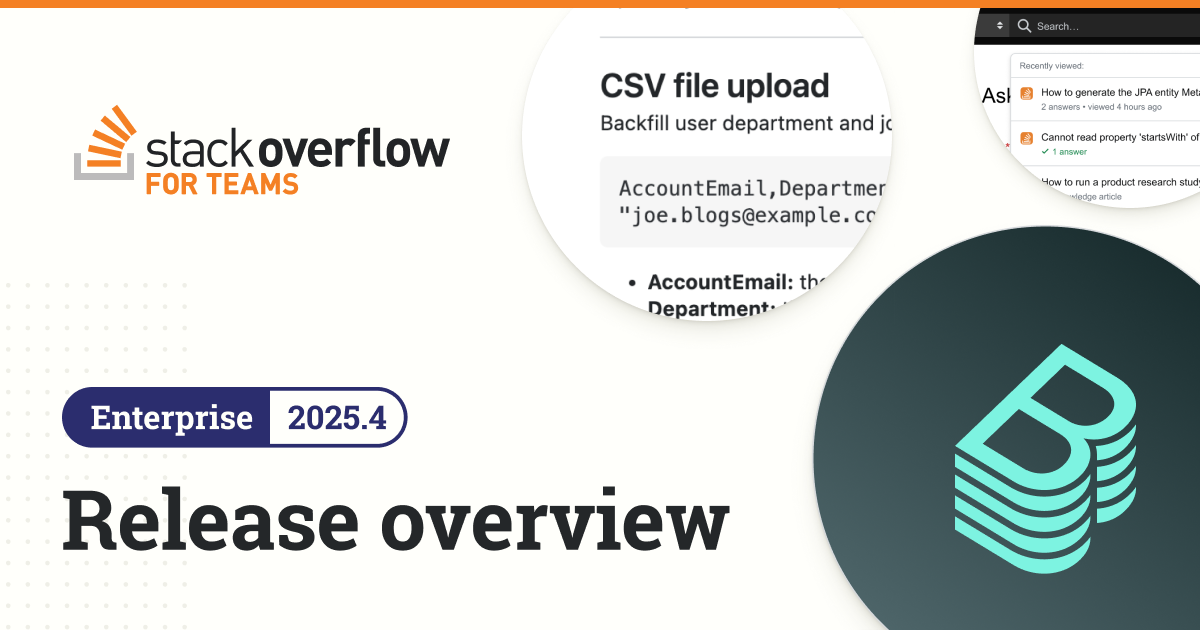

























































































_Luis_Moreira_Alamy.jpg?width=1280&auto=webp&quality=80&disable=upscale#)


_imageBROKER.com_via_Alamy.jpg?width=1280&auto=webp&quality=80&disable=upscale#)





















































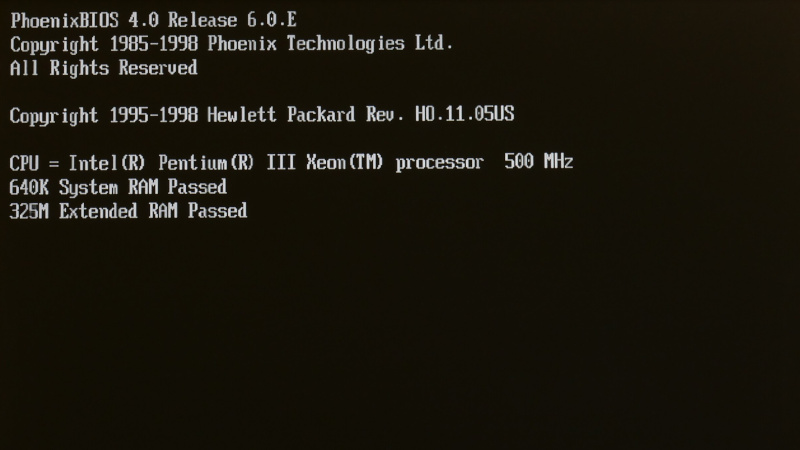





























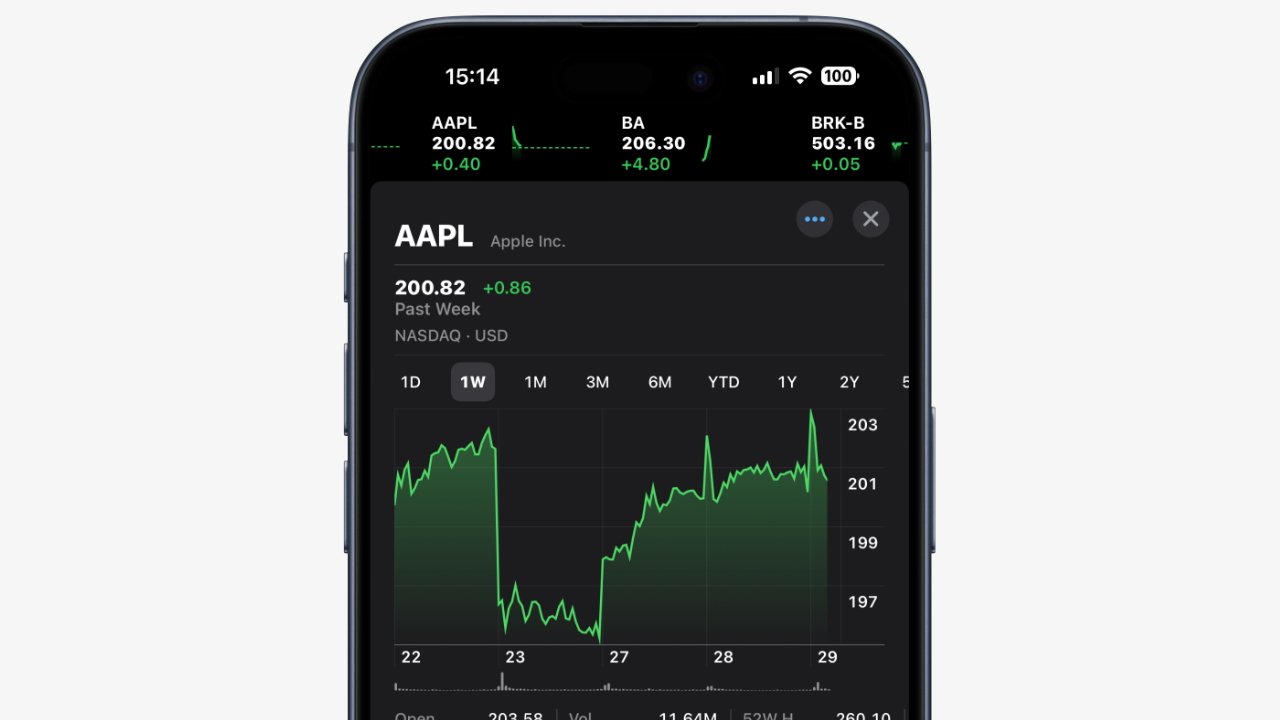






![iOS 19 may support easily transferring your iPhone’s eSIM to an Android device [U]](https://i0.wp.com/9to5mac.com/wp-content/uploads/sites/6/2022/09/iphone-14-eSIM-event.jpg?resize=1200%2C628&quality=82&strip=all&ssl=1)














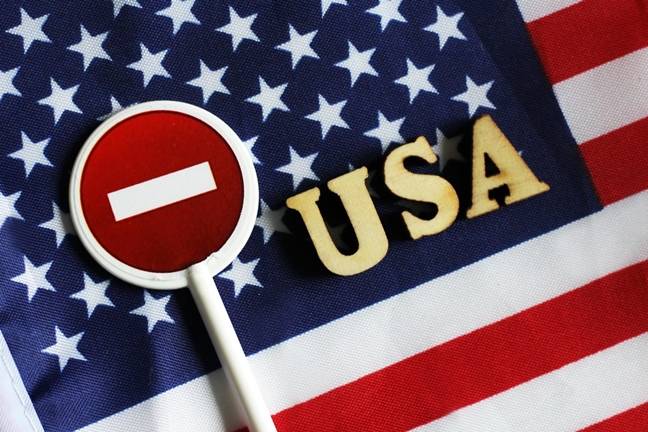


![iPhone 16 Becomes World's Best-Selling Smartphone in Q1 2025 [Chart]](https://www.iclarified.com/images/news/97448/97448/97448-640.jpg)
![Apple Releases Xcode 16.4 With Support for Swift 6.1 and New SDKs [Download]](https://www.iclarified.com/images/news/97450/97450/97450-640.jpg)

![Apple Updates Logic Pro With Flashback Capture, Enhanced Stem Splitter, More [Download]](https://www.iclarified.com/images/news/97446/97446/97446-640.jpg)























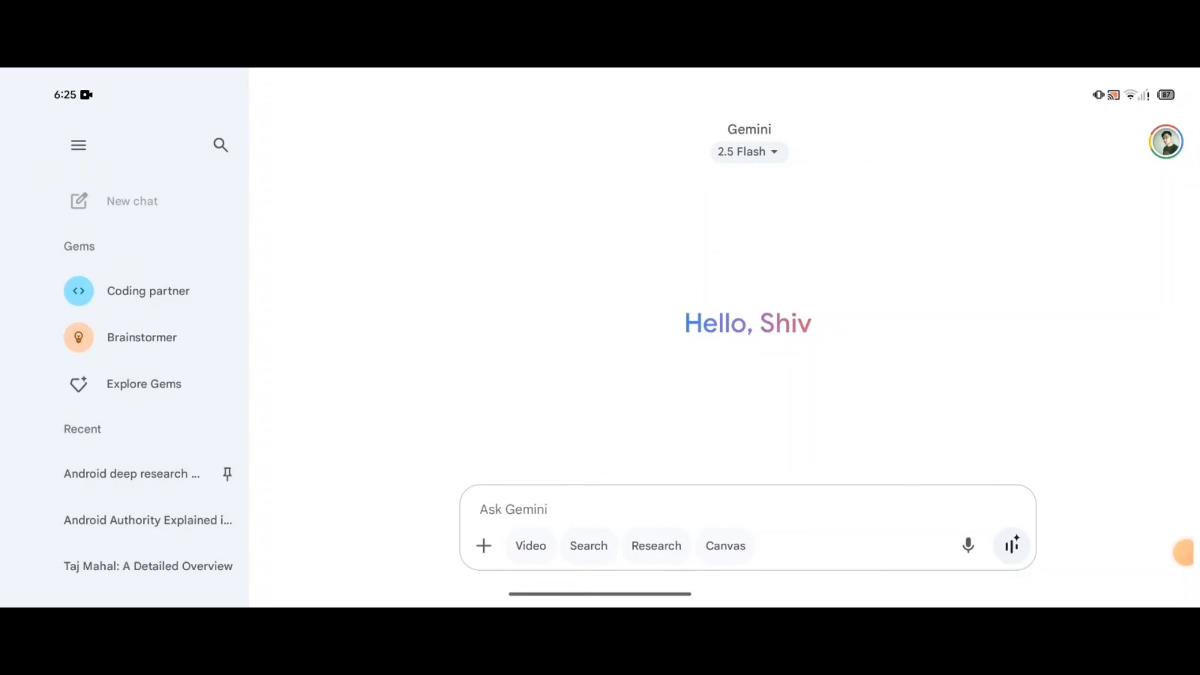
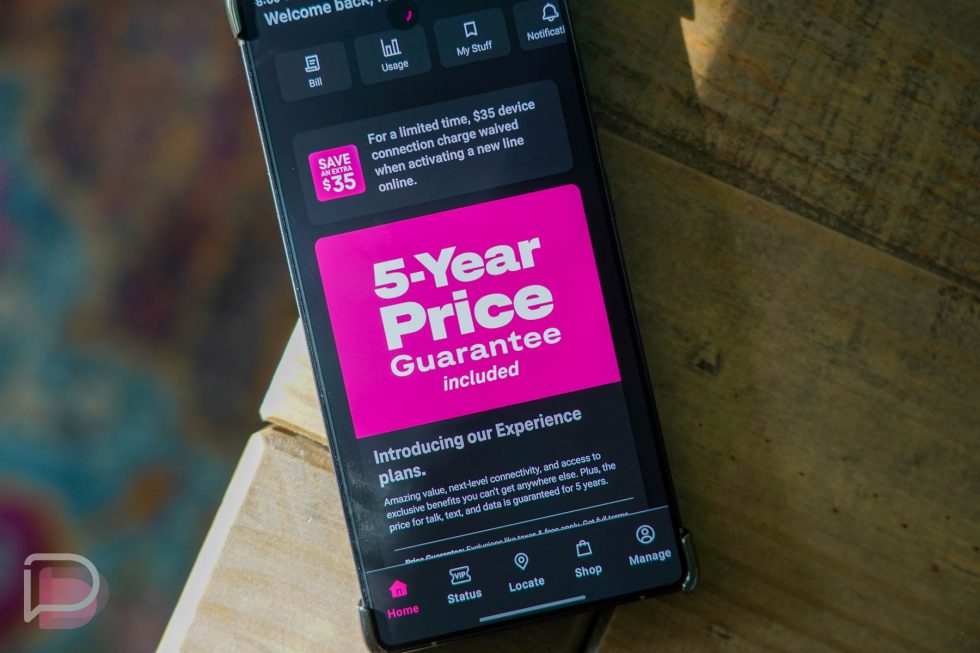

















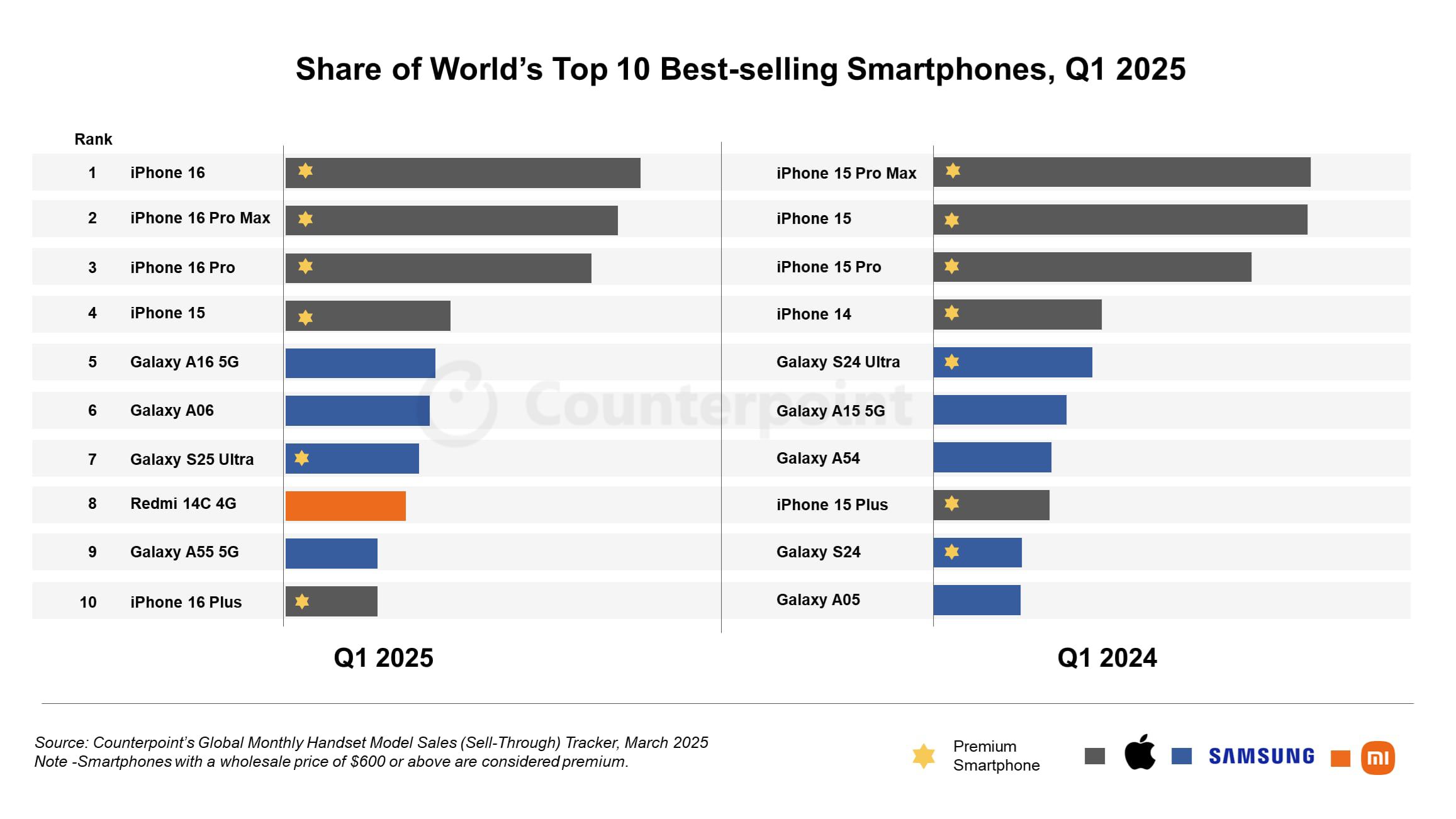
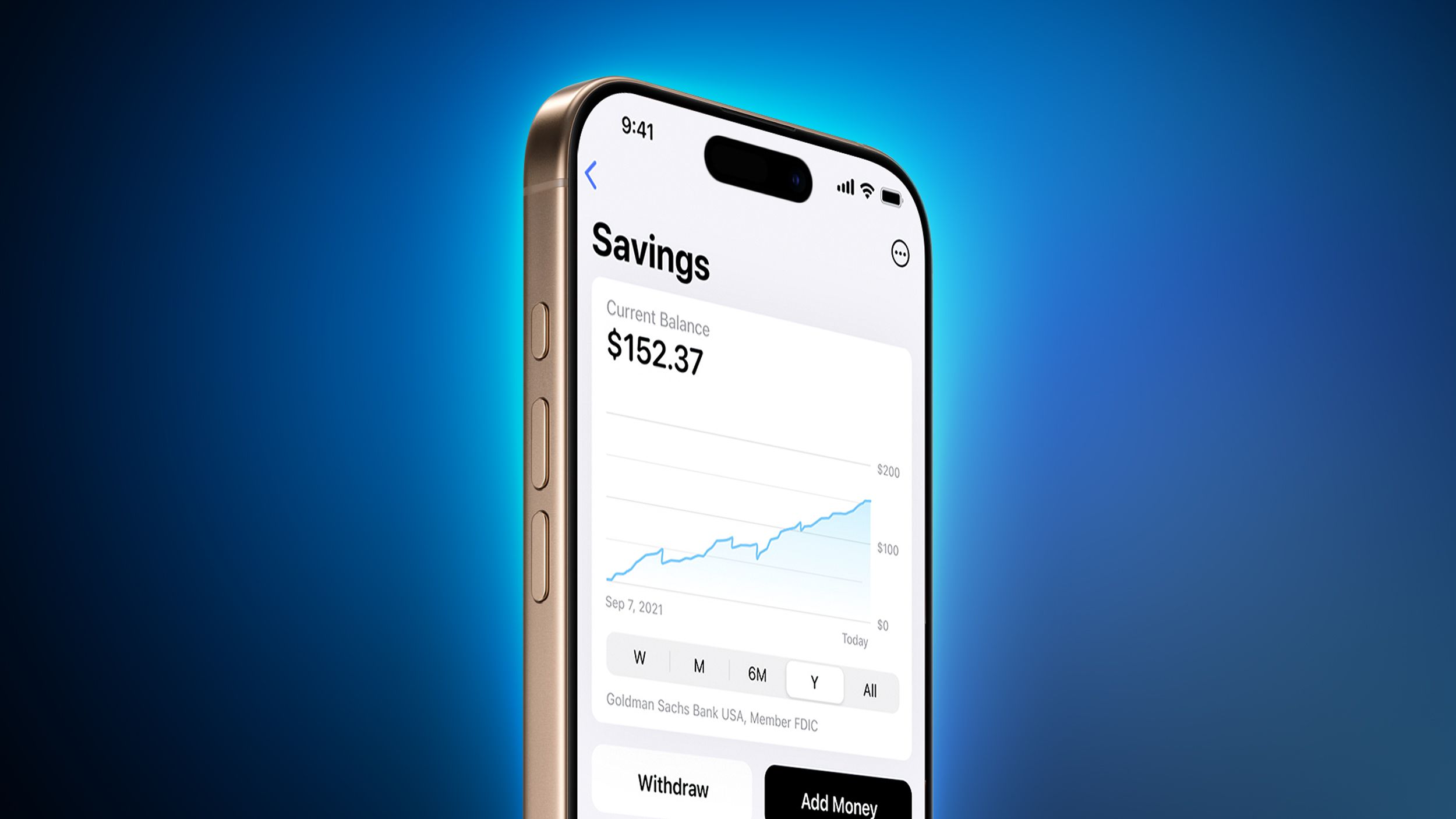


























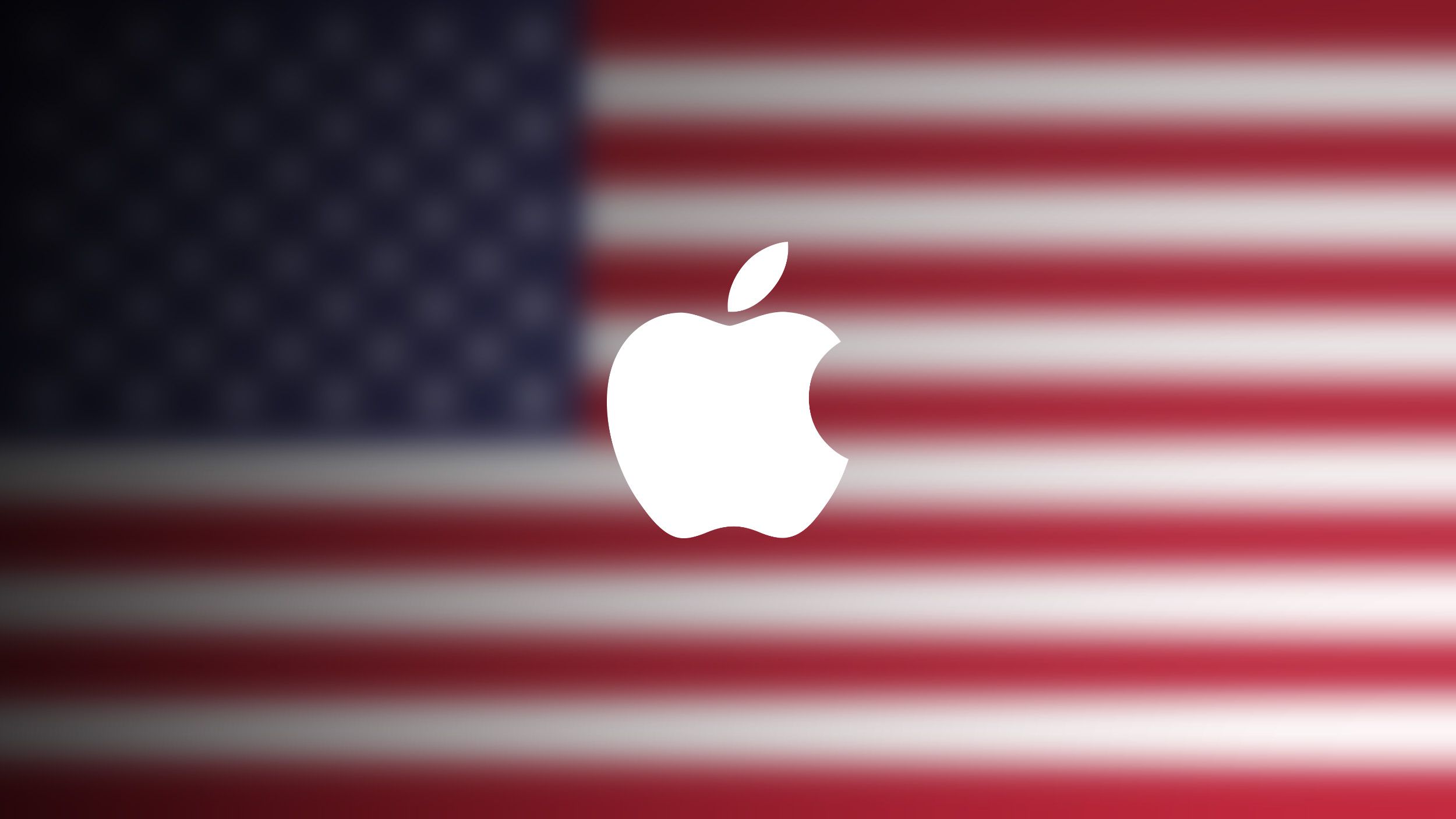

![Apple Pay, Apple Card, Wallet and Apple Cash Currently Experiencing Service Issues [Update: Fixed]](https://images.macrumors.com/t/RQPLZ_3_iMyj3evjsWnMLVwPdyA=/1600x/article-new/2023/11/apple-pay-feature-dynamic-island.jpg)
